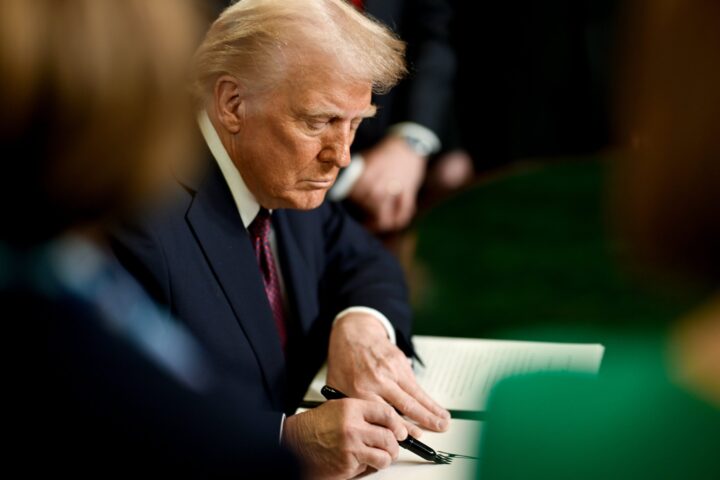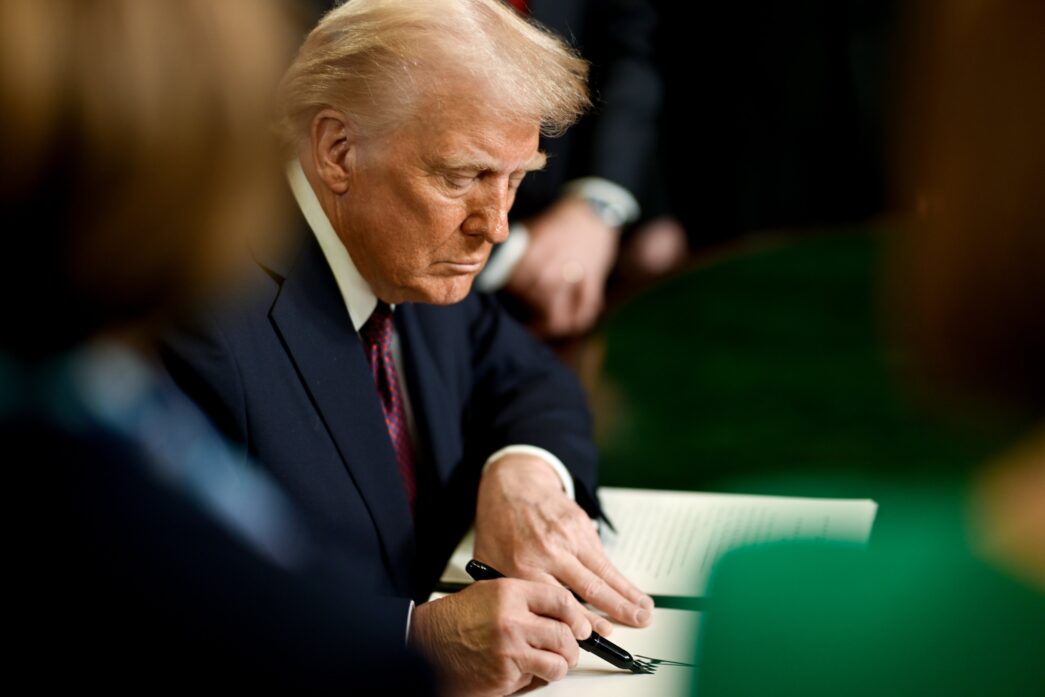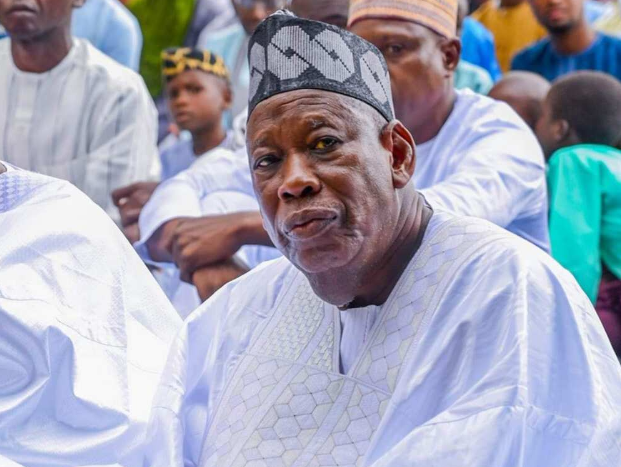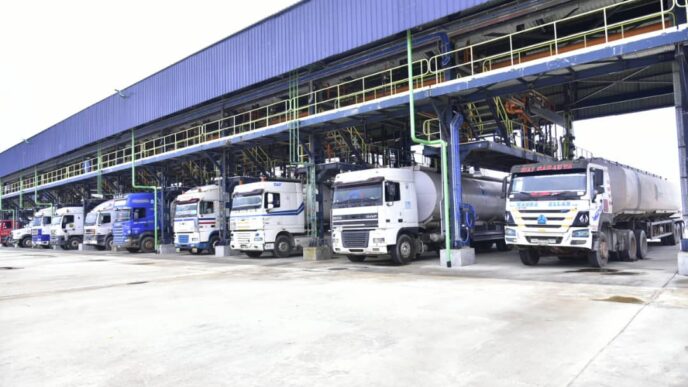Trump signing | File photo
Nigerians may pay more for prescription drugs following United States President Donald Trump’s decision to regulate pricing in his country.
Trump announced his decision in a late evening Truth Social post on Sunday.
The US president said by Monday morning, he would sign an executive order reducing prices of prescription drugs and pharmaceuticals by 30 to 80 percent.
“They will rise throughout the World in order to equalize and, for the first time in many years, bring FAIRNESS TO AMERICA!” he said.
Advertisement
Explaining his decision, Trump said medication costs highest in the US owing to claims of research and development funding coverage from pharmaceutical companies.
He said the consequence was an unfair hike in prices for Americans.
“I will be instituting a MOST FAVORED NATION’S POLICY whereby the United States will pay the same price as the Nation that pays the lowest price anywhere in the World,” Trump said.
Advertisement
“Our Country will finally be treated fairly, and our citizens Healthcare Costs will be reduced by numbers never even thought of before.
“Additionally, on top of everything else, the United States will save TRILLIONS OF DOLLARS.”
He also linked his decision to his “Make America Great Again” mandate.
NIGERIANS TO BE MOST AFFECTED
Advertisement
According to a pharmaceutical report, over 70 percent of medicines in Nigeria are imported, with medicines accounting for perhaps $4 billion within Nigeria’s total healthcare spend of $10 billion.
Out-of-pocket expenditure can be as high as 62 percent of total healthcare expenditure, mainly due to limited access to health insurance.
The local pharmaceutical industry meets only about 25 percent of local demand.
Even with a growing pharmaceutical market, economic inequality and a heavy reliance on imports makes a significant portion of Nigerians vulnerable to global price shifts, foreign exchange volatility, and supply chain disruptions.
Advertisement
If pharmaceutical companies respond to US price caps by limiting supply or raising prices elsewhere, this could disrupt the availability or affordability of certain drugs in Nigeria, particularly branded or specialty medicines.
Nigeria is a major recipient of US-funded health programmes, such as PEPFAR for HIV/AIDS.
Advertisement
While the new executive order on drug pricing is separate from foreign aid, recent Trump administration policies have included freezes or reviews of US foreign aid.
Any changes in US pharmaceutical procurement or aid could indirectly affect Nigeria’s access to affordable or donated medicines, especially for HIV, tuberculosis, and malaria.
Advertisement









